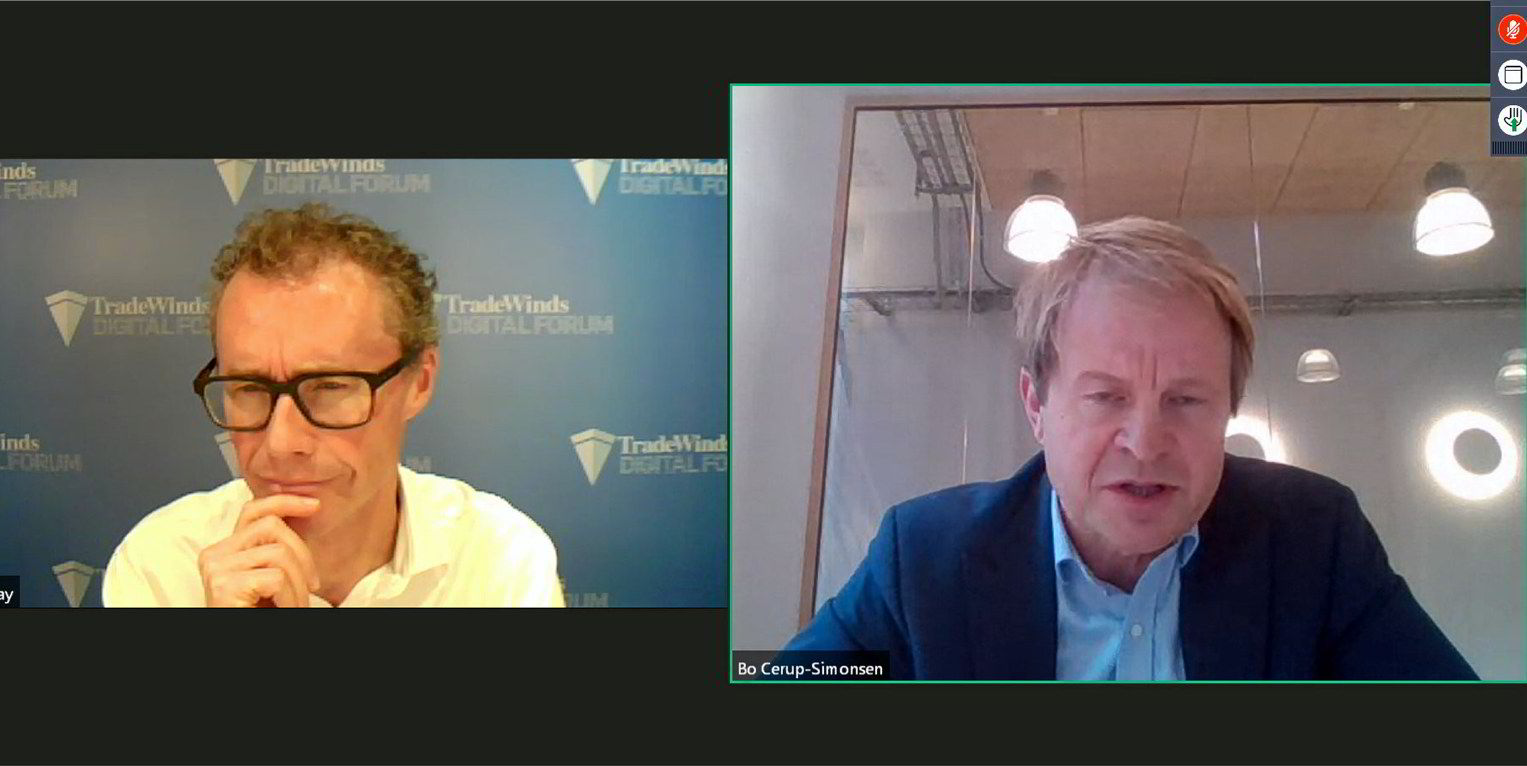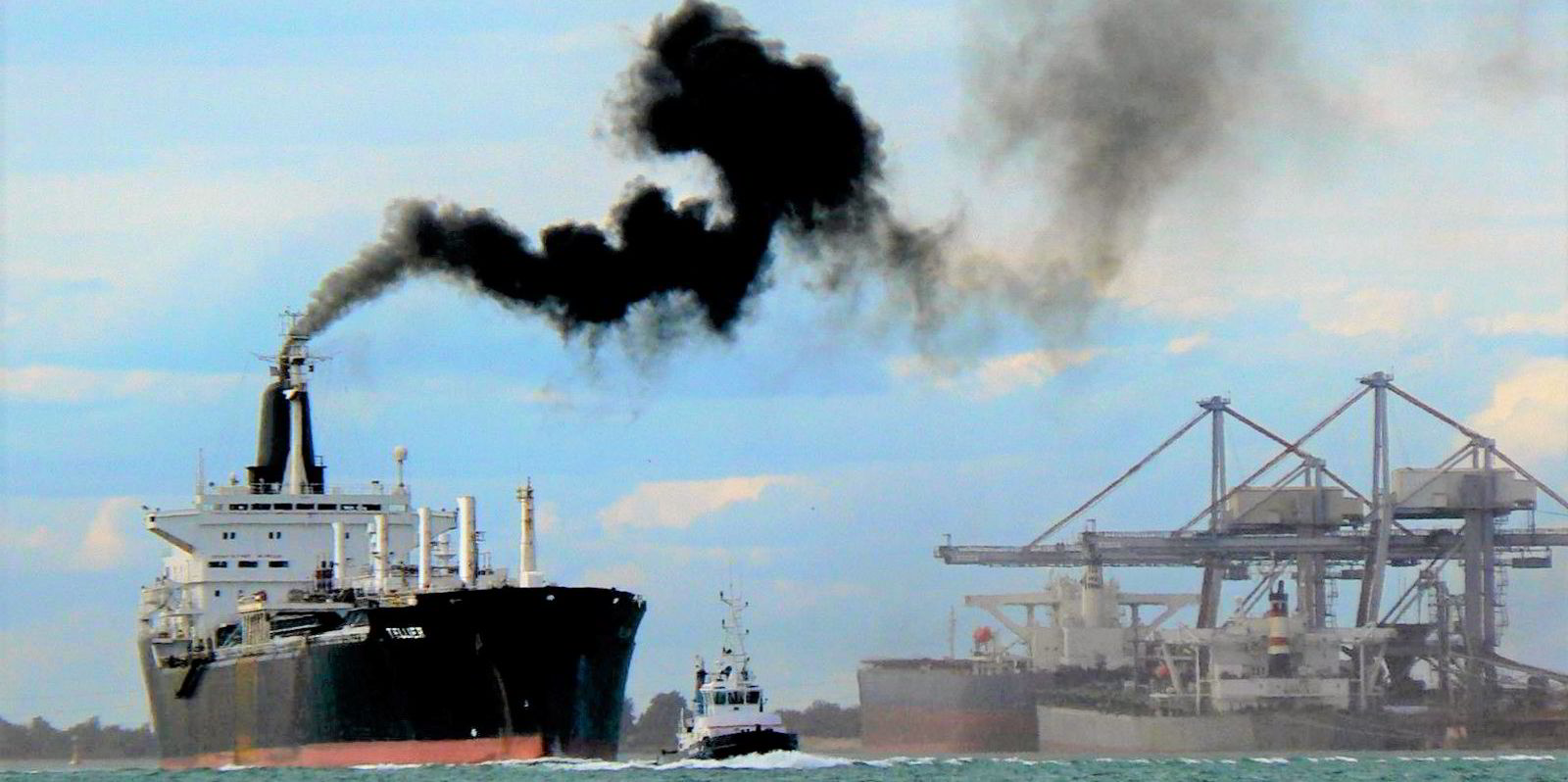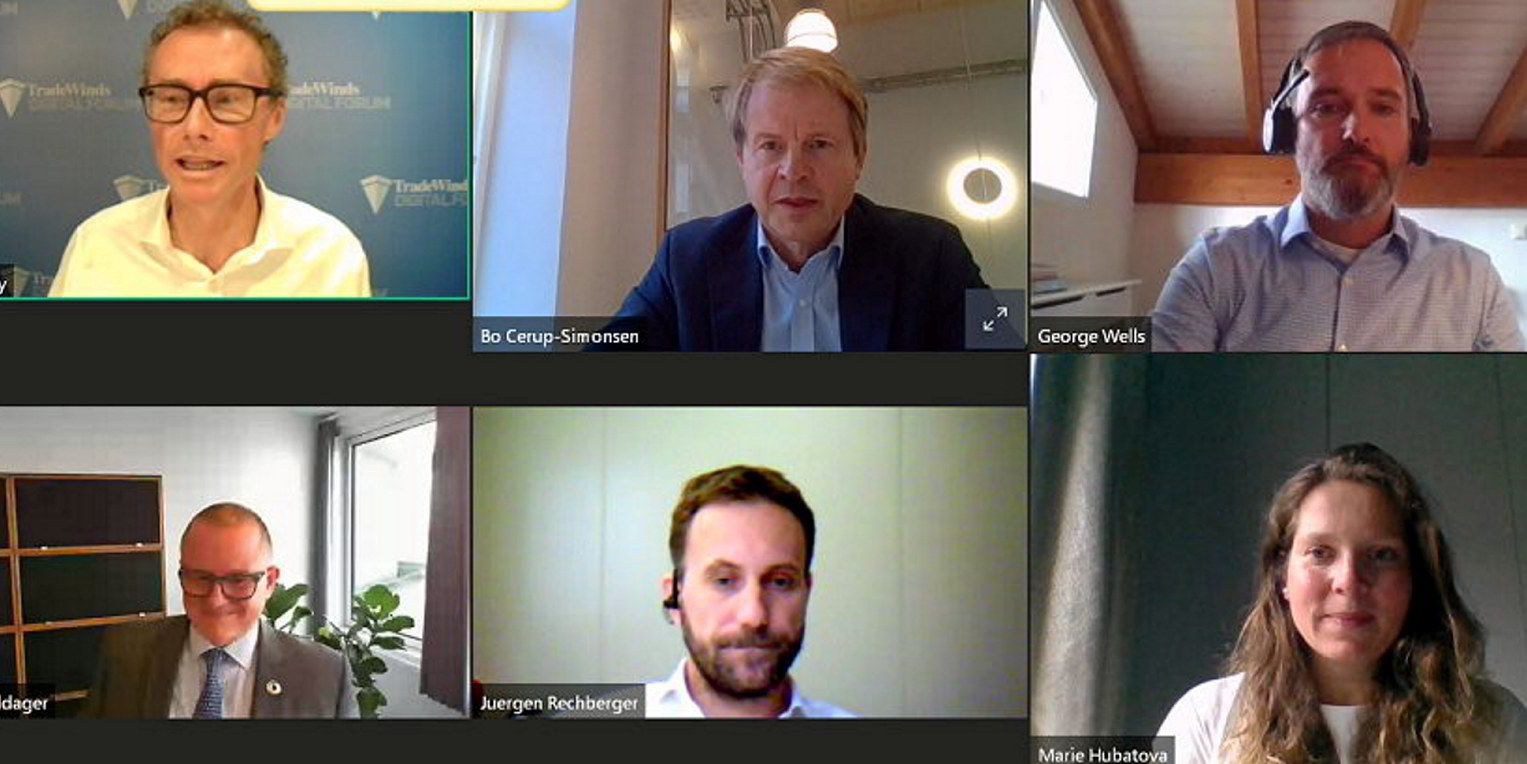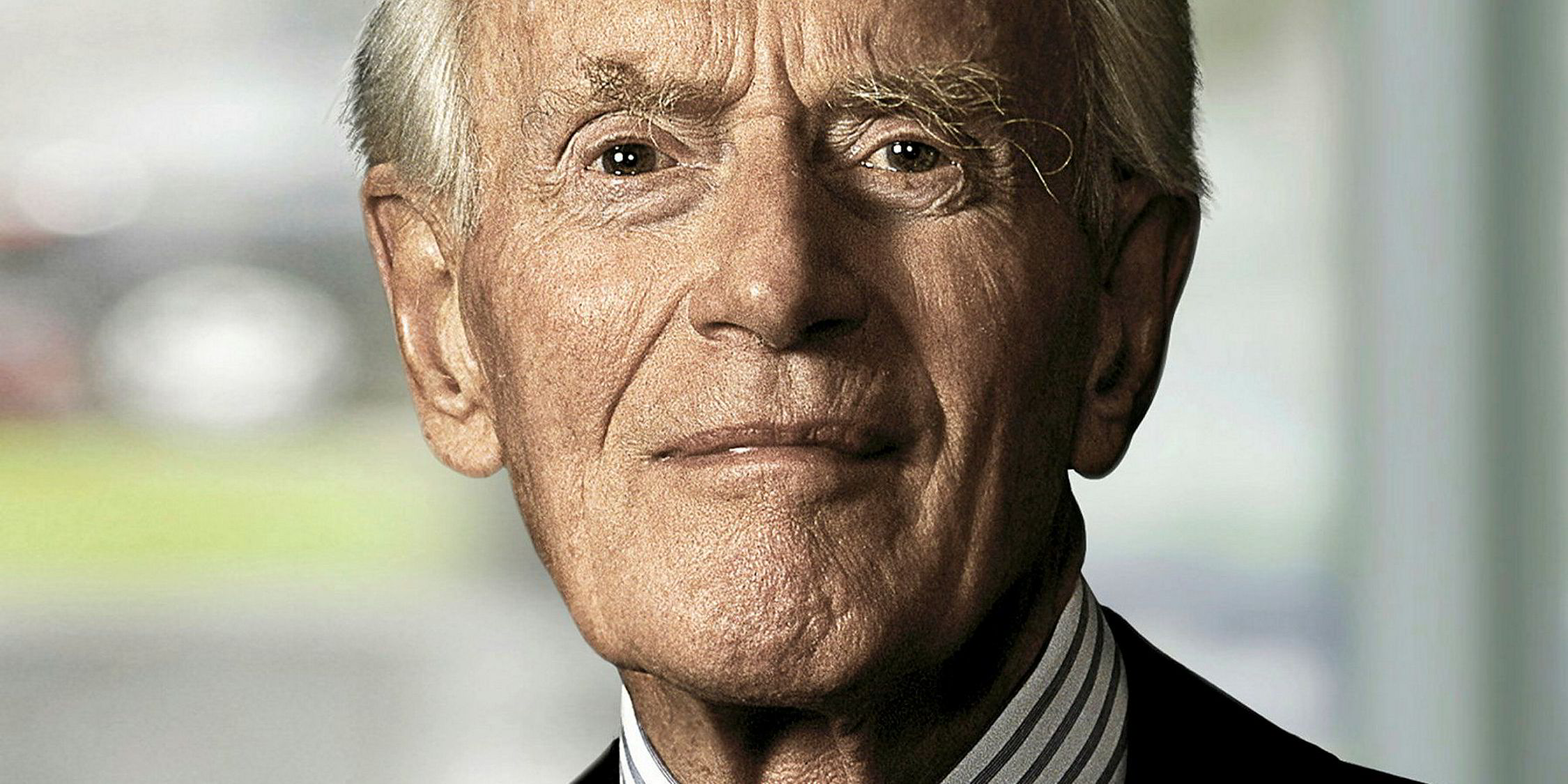Stakeholders big and small must work together to tackle shipping's emissions, according to Danish marine engineer Bo Cerup-Simonsen.
And he believes Denmark's new Maersk Mc-Kinney Moller Center for Zero Carbon Shipping, where he is chief executive, can be a hub for collaboration across the industry.
Speaking on a TradeWinds digital forum about fuels of the future, Cerup-Simonsen said: "Five months in, we are doing very well. We are now at a point where we're really starting to ramp up our activities."
He stressed that the centre is not for profit, with backing from the AP Moller Foundation.
Money and team in place
"We have the basic financing in place and we have a very robust foundation," he added.
The centre announced its management team this month, bringing together experts from Danish shipping and beyond.
"We are ready to take the next step," Cerup-Simonsen said, in a conversation with TradeWinds editor-in-chief Julian Bray.
The centre is putting more employees in place and arranging secondments from partners such as classification society ABS, charterer Cargill, engine maker MAN Energy Solutions, shipbuilder Mitsubishi Heavy Industries and giant Japanese shipping company NYK Line.
New players welcome
But it is not just about the big established corporate players driving change. There will be plenty of opportunities for innovation by new players, the CEO added. "We will map the opportunities, map the gaps and put that out in the open."
Cerup-Simonsen is inviting universities, individuals and smaller companies to engage. The centre will make its data available and help them establish networks.
"We will try to utilise the huge entrepreneurial power around," he said.
In the first quarter of 2021, the target is to start making projects "concrete", working towards a zero-carbon ship in the next 10 years.
The importance of narrative
The idea is to develop a "narrative" explaining how the zero-emissions goal can be achieved.
This will involve working on the technical side and also regulatory, financing and commercial issues.
The centre will develop a prototype of a transition strategy and publish its findings, encouraging everyone else in the sector to "challenge us and build on that", Cerup-Simonsen added.
When work has progressed past the prototype stage, there then needs to be a demonstration of the solutions on a large scale, he said.






